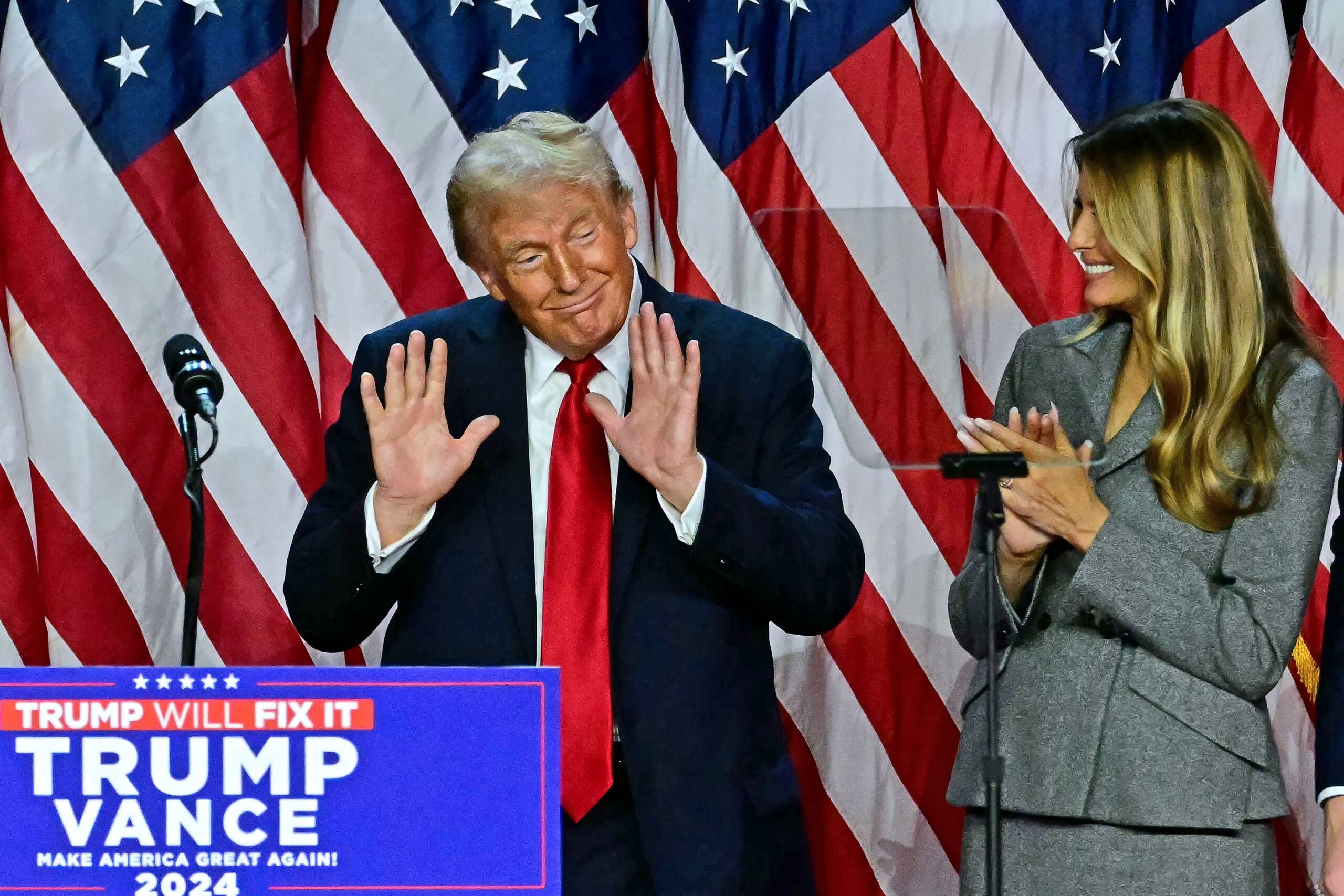While the summit presents a vital opportunity to strengthen economic ties and enhance regional security, the meeting should not overlook persistent human rights violations across Central Asia and a recent backsliding in rights in the region. The U.S. administration should seize the opportunity to establish closer ties and deeper integration with the Central Asian countries, thereby pushing for improvements in human rights and democracy.
At the same time, the presidents of Kazakhstan, Kyrgyzstan, Tajikistan, Turkmenistan, and Uzbekistan should also challenge the United States to halt the recent democratic backsliding and make meaningful progress on human rights.
Organisations that monitor press freedoms, such as Reporters Without Borders (RSF), publish an annual index, and the United States has taken a marked turn for the worse in recent years. After a gradual improvement in press freedoms, the U.S. experienced a rights recession, falling from 42nd place in 2022 to 57th place in 2025. An even greater drop was seen in Kyrgyzstan, whose persecution of independent media outlets caused the country to plummet from 72nd place to 144th, placing the once fragile democracy among the lowest on the scale, alongside Tajikistan (152) and Turkmenistan (177).
The Central Asian leaders could take the opportunity to remind the U.S. president of his obligation to respect the rights of transgender individuals, who, according to organisations such as Human Rights Watch (HRW), continue to be a “political lightning rod” in the country, at the expense of their health and well-being. Trump, in turn, should press for the decriminalisation of same-sex sexual activity between men in Uzbekistan and discrimination against the LGBTIQ+ community in general.
Russia’s war in Ukraine has forced Central Asia into a balancing act between human rights and strategic considerations. Two significant issues today are sanctions circumvention and the use of contract soldiers. Thousands of Uzbeks, Tajiks and Kyrgyz have been killed on the battlefield, lured in by Russian promises of financial reward. Central Asian states have pushed back against claims that Russia is using them as a means to evade sanctions by pointing out double standards: Western companies are reportedly profiting by circumventing sanctions themselves. The United States and the Central Asian republics need to place one consideration higher than all others: Indirect forms of support for Putin’s war in Ukraine are criminal and unacceptable, no matter who stands to profit from it.
Thousands of Central Asian migrant workers have experienced discrimination and police violence in Russia. Tajikistan can, perhaps better than anyone, bring home why the current government’s immigration policies are out of step with the country’s human rights obligations, and how they are felt directly by asylum seekers, migrants, refugees and their families. At the same time, the United States should continue its policy of raising systematic violations of freedom of movement in Turkmenistan. Authorities keep “blacklists” not only of dissidents who are prevented from leaving the country, but also of family members. While most countries seek to increase the number of countries their citizens can visit visa-free, the Turkmen authorities have done the opposite: they have requested that Turkish authorities introduce, rather than lift, a visa regime for Turkmen citizens.
Central Asian presidents should encourage President Trump to return to international human rights mechanisms.
Severe human rights issues in Central Asia
Central Asian leaders need to place human rights at the top of their domestic agendas. There is a severe human rights situation in their countries. The U.S. should use the summit to address the following human rights issues with each leader directly:
- Suppression of Freedom of Expression and Media: In Kyrgyzstan, President Sadar Japyrov’s government has cracked down brutally on independent media, closing down outlets, imprisoning journalists and media workers and designating independent outlets extremist. In Uzbekistan, authorities have detained and prosecuted dozens of journalists and bloggers on spurious charges in recent years, while repressive laws and government control hamper the growth of independent media.
- Political Repression and Arbitrary Detentions: In Tajikistan, a human rights crisis has been spiralling out of control over the last decade, with authorities detaining and imprisoning many hundreds of peaceful government critics on fabricated, vague and overbroad charges, while a brutal and systematic crackdown in the country’s autonomous Gorno-Badakhshan region has seen hundreds imprisoned and dozens killed. In Turkmenistan,
- Erosion of Civic space: Kyrgyzstan’s 2024 adaptation of the so-called “foreign representative law” – modelled on Russian foreign agent legislation – has dismantled independent civil society and severely tightened civic space in the country. In Tajikistan, at least 700 civil society organisations have been liquidated in the last few years. In Kazakhstan, authorities have introduced a foreign funding register, which has been criticised for stigmatising independent civil society. In Uzbekistan, bureaucratic obstacles effectively obstruct civil society organisations from registering.
- Torture and ill-treatment: Torture in pre-trial detention and prisons remains a widespread problem in Turkmenistan and Tajikistan, while dissidents in Uzbekistan report regular torture.
These actions not only contravene the Universal Declaration of Human Rights and the International Covenant on Civil and Political Rights, to which all five states are parties, but also hinder genuine regional stability. A failure to address these issues risks emboldening authoritarian tendencies and undermining fundamental freedoms.
President Trump should press for:
- The immediate and unconditional release of all political prisoners and jailed journalists
- Repeal of repressive laws and practices regulating civil society and media censorship
- Meaningful reforms to counter torture and ill-treatment
Contact us
Employee
Ivar Dale
Employee
Marius Fossum
Employee
